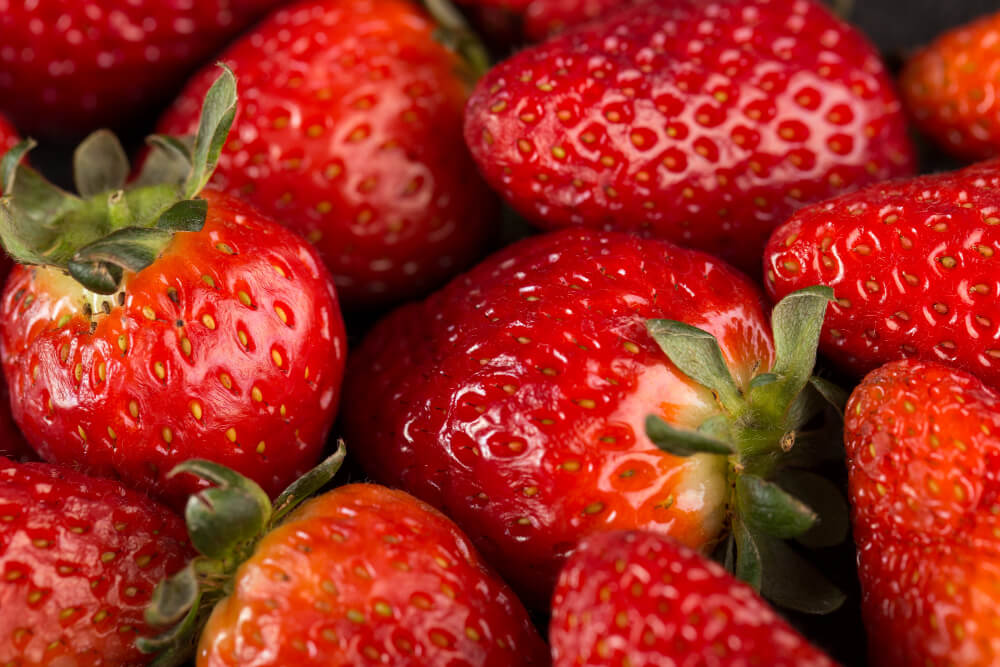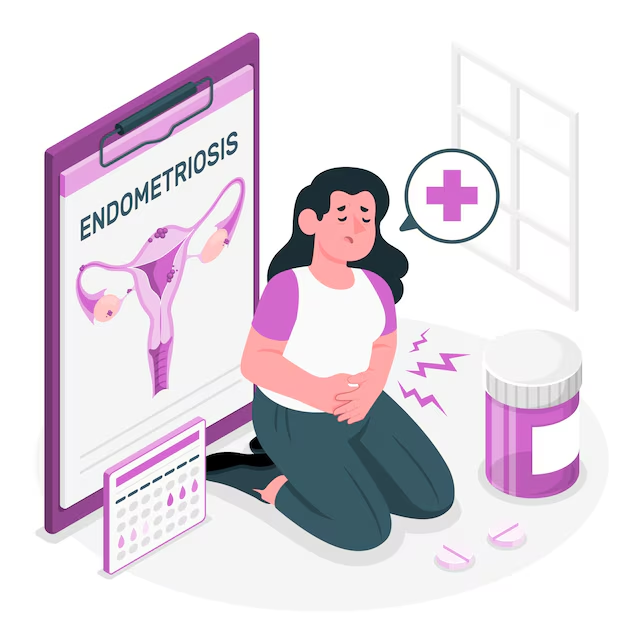Foods to avoid when nauseous

Pregnancy is a beautiful journey, but it often comes with a few unwelcome guests nausea and morning sickness. While it’s common in the first trimester, some women experience it throughout pregnancy. Managing morning sickness isn’t always easy, but one of the most effective strategies is to avoid foods that can worsen nausea. Knowing what to stay away from can help you feel more comfortable and maintain a healthy diet for both you and your baby.
Below, we explore foods to avoid when you're feeling nauseous during pregnancy, and why skipping them can help you feel better.
1. Greasy and Fried Foods
Why to Avoid: These foods are high in fat and take longer to digest, which can increase the feeling of bloating and queasiness. Fried chicken, french fries, and oily snacks might seem tempting but can quickly trigger or worsen nausea.
Better Alternative: Opt for baked or steamed foods with minimal oil. Plain toast or boiled potatoes are easier on the stomach.
2. Spicy Foods
Why to Avoid: Spices can irritate the stomach lining and increase acidity, which often makes nausea worse. Chili powders, hot sauces, and curries may contribute to heartburn and acid reflux, adding to your discomfort.
Better Alternative: Stick to mild-flavored foods. Softly seasoned rice, mashed vegetables, or plain yogurt are gentler options.
3. Strong-Smelling Foods
Why to Avoid: Pregnancy heightens your sense of smell, and strong odors from certain foods can immediately trigger nausea. Foods like boiled eggs, fish, garlic-heavy dishes, and strong cheeses are common culprits.
Better Alternative: Cold or room-temperature foods (like sandwiches or smoothies) usually emit less odor and are easier to tolerate.
4. Caffeinated Beverages
Why to Avoid: Caffeine not only increases acid in your stomach but can also contribute to dehydration, making nausea worse. Coffee, colas, and energy drinks are best limited or avoided.
Better Alternative: Try herbal teas like ginger or peppermint, which can actually help soothe nausea.
5. Sugary Treats and Sweets
Why to Avoid: Foods high in sugar, like candies, pastries, and desserts, can spike blood sugar levels and then cause a sudden drop, leading to nausea and fatigue.
Better Alternative: Choose naturally sweet options like fruits (bananas, apples, or pears) or whole-grain snacks that release energy slowly.
6. Processed and Packaged Snacks
Why to Avoid: These foods often contain preservatives, artificial flavors, and unhealthy fats, all of which can upset your digestive system.
Better Alternative: Choose homemade snacks like rice cakes, dry cereal, or whole-grain crackers.
7. Acidic Foods and Juices
Why to Avoid: Citrus fruits and juices like oranges, lemons, and tomatoes can increase acidity in the stomach, triggering nausea or acid reflux.
Better Alternative: Try low-acid fruits like melons, avocados, or applesauce.
8. Dairy (for some women)
Why to Avoid: While dairy is a great source of calcium, it can be hard to digest when you're nauseous. Milk and cream-based foods might cause bloating or make nausea worse for some pregnant women.
Better Alternative: Opt for lactose-free or plant-based alternatives like almond or oat milk, or try yogurt in small amounts.
Tips for Managing Nausea Through Diet
-
Eat Small, Frequent Meals: Instead of three large meals, have 5–6 small meals to prevent your stomach from getting too empty or too full.
-
Stay Hydrated: Sip water, electrolyte drinks, or ginger tea throughout the day.
-
Eat Before Getting Out of Bed: Keep dry snacks like crackers near your bed and eat a few before standing up in the morning.
-
Avoid Lying Down Right After Eating: Sit upright for at least 30 minutes after meals to aid digestion.
Final Thoughts
Morning sickness can be tough, but being mindful of your food choices can make a significant difference. Avoiding heavy, spicy, or strong-smelling foods while choosing gentle, nourishing options can help ease nausea and keep both you and your baby healthy. If nausea becomes severe or persistent, always consult with your healthcare provider.
Related Articles

Baby development at 10 weeks

What Your Vaginal Discharge Can Tell You About Your Health

10 Ways to Improve Your Mental Health Today

Practicing meditation

Listening to calming music

Comfort foods that don’t worsen symptoms

Using pillows for comfort

Supporting your belly with a band